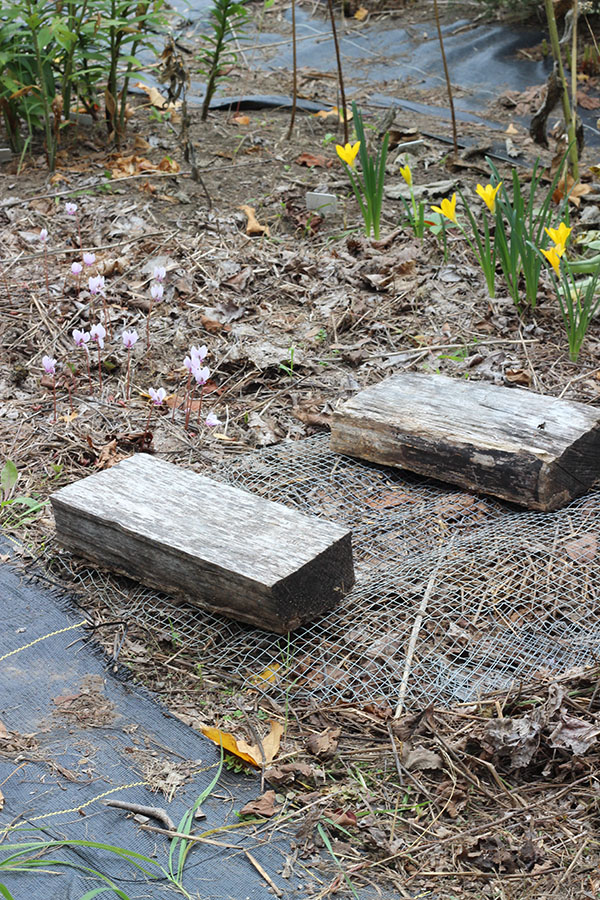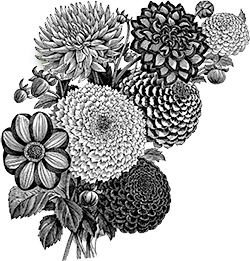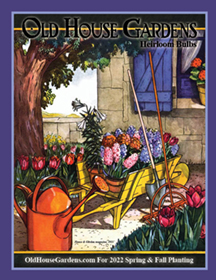
It’s so disappointing: you plant your bulbs in full sun, well-drained soil, and at the recommended depth, but don’t see any flowers the next spring! What went wrong? If you dig down into the soil and find nothing, not even a rotted bulb, it’s likely that squirrels or other digging mammals ate them. Don’t give up –there are a number of things you can do as you plant them this fall to increase the odds of great blooms next spring.
First, the easiest: plant types of bulbs that animals don’t like to eat! All parts of daffodils, bulb to blossom, are toxic to squirrels and chipmunks as well as avoided by rabbits and deer. They come in many combinations of yellow, white, orange, peach, and even red highlights and there are varieties suitable for northern, southern, and coastal gardens. Better still, they’ll multiply over time – often one sign of an old homestead are the clumps of daffodils blooming in the spring.
Other bulbs that are rarely eaten include snowflakes (Leucojum), hyacinths, and many of our Fall-Planted Diverse varieties such as alliums, winter aconites, glory-of-the snow, Spanish bluebells, snowdrops, grape hyacinths, silver bells, Dutch iris, and Siberian squill. To see a complete list suitable for your climate, choose your garden zone and the Animal Resistant category in our Heirloom Bulb Search
We strongly recommend that first-time growers of crocus and small diverse bulbs cover their bulbs after planting. Freshly-dug soil can attract the interest of squirrels and chipmunks, and tulips, crocus, and lilies are especially tempting. Digging can disturb any bulbs, even if they’re not eaten, so protect your newly-planted bulb beds by covering them with
If animals burrow to your bulbs from below, you can use wire-mesh bulb cages either home-made or purchased at garden-supply shops or bury planting baskets or plastic pots covered with chicken-wire. In either case, use a mesh that will allow the stems to emerge easily in spring.
You can also deter rodents by lining your planting hole with chicken grit, crushed gravel, or crushed shale, sprinkling some on the top as well. These have sharp edges and discourage voles and squirrels from digging further.
Bitter or pungent sprays (like Liquid Fence and those containing capsaicin) work as well, though you’ll need to re-apply after a rainfall. (In the spring these can also be effective to protect tender shoots as they emerge, as rabbits seem to delight in nipping them down to soil-level.)
Our customers have also reported success by planting allium amongst their lilies and crocus: the scent of the bulbs discourages squirrels and voles in fall while the foliage does the same for rabbits in the spring. Good luck, and if you have other tried-and-true tips, please let us know!












